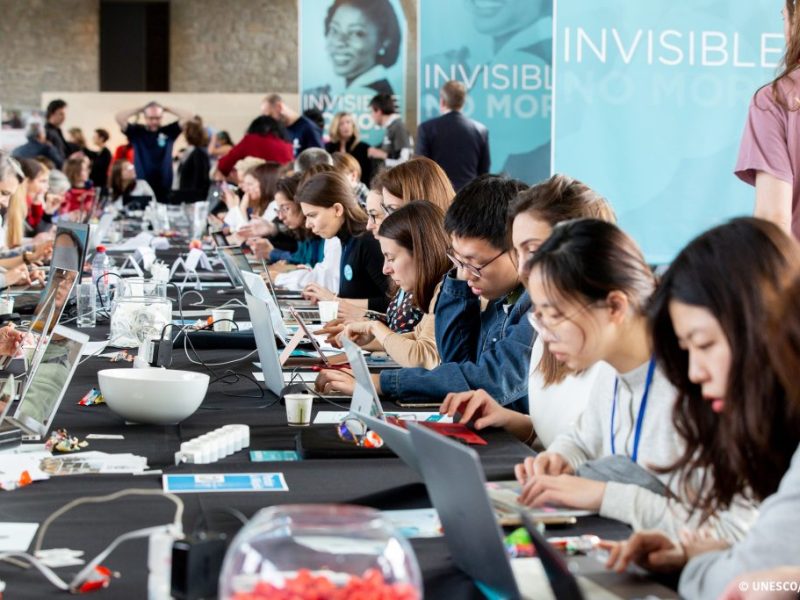
How Wikipedia’s women were made more visible on International Women’s Day
The internet has a problem: across much of the world, women’s access, and participation, and representation on the internet are below that of men.* For online communities like Wikipedia, the internet’s missing women help contribute to our gender gap—both in our content, which is biased towards male biographies, and in our contributors, which are overwhelmingly….
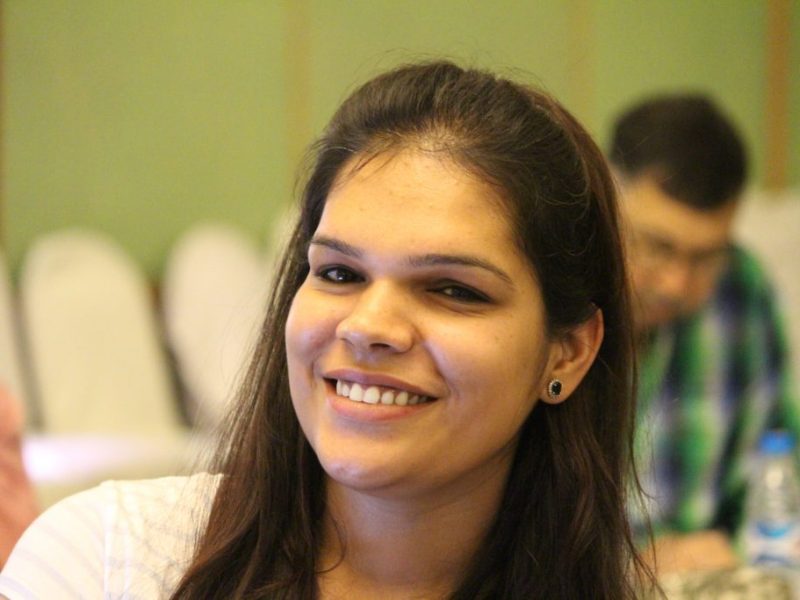
This forensic scientist wrote her discipline into Wikipedia. Now, she’s training others to do the same.
Five years ago, Manavpreet Kaur administered several tests for entry-level forensics diploma students at Punjabi University, located in Patiala, Punjab, India. From her vantage point, Kaur—who had recently completed a Ph.D. in forensic science—quickly realized that not all of the students were comfortable with the course being taught exclusively in English. She searched for Punjabi-language….

Wikipedia is a mirror of the world’s gender biases
This post ran in the Los Angeles Times on 18 October 2018. When Donna Strickland won the Nobel Prize this month, she became only the third woman in history to receive the award in physics. An optical physicist at the University of Waterloo, Strickland is brilliant, accomplished and inspiring. To use Wikipedia parlance, she is very….
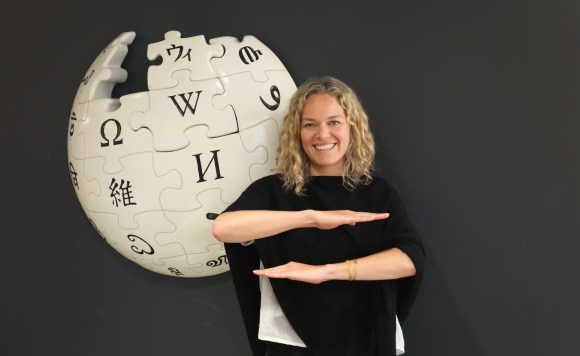
Wikimedia Foundation becomes official EQUALS Global Partner
We are pleased to announce we are now an EQUALS Global Partner, joining a growing network of companies, foundations, academia, United Nations agencies and civil society organizations who are coming together to bridge the digital gender divide for more women
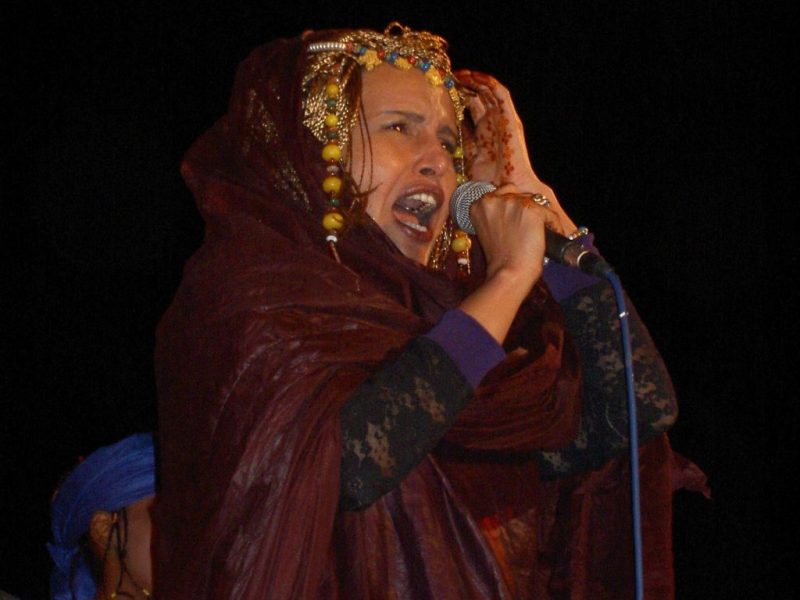
Why I write about women on Wikipedia
Wikipedia volunteer editor "SusunW" delves into the reasons why she has written hundreds of article about women.
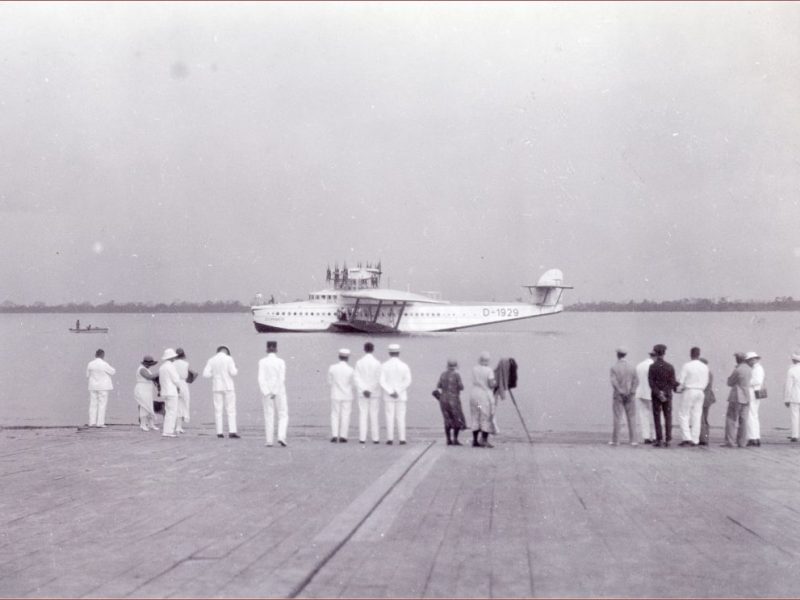
Making women more visible online—with Wikidata tools!
To celebrate International Women's Day and Women's History Month, Wikimedians around the world make a concerted effort each March to add and edit articles about women in Wikipedia. You can also have an impact (and fun!) by adding information about women to Wikidata, Wikimedia's multilingual knowledge base. And there are quite a few interesting and fun, volunteer-developed tools to help you with that.
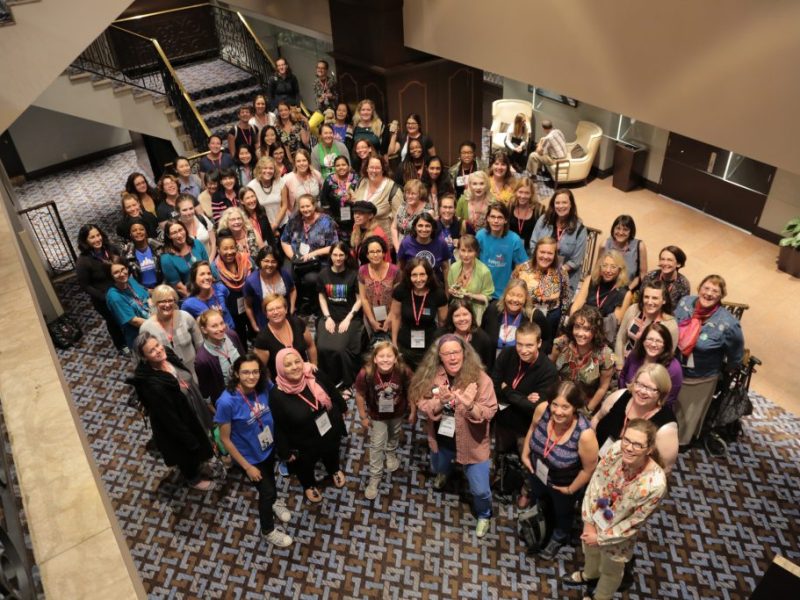
Community digest: Conversations with Wikimedia women; Arabic Wikinews and Global Voices collaboration; news in brief
The Wikimedia Foundation’s Community Engagement department is hosting a series of conversations about women in the Wikimedia movement, a collaboration between the Arabic Wikinews community and Global Voices Lingua to support Arabic digital content, in addition to other updates in brief from around the globe.
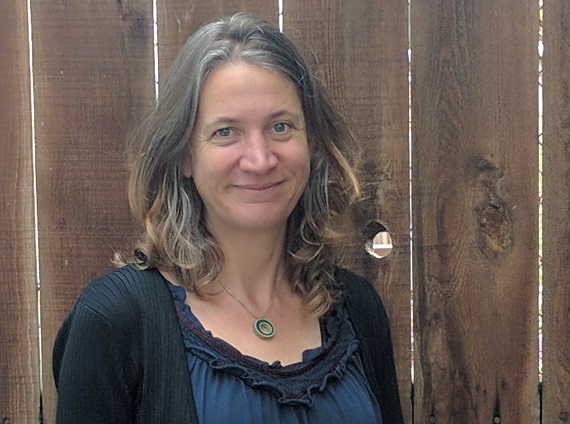
The Erdős paradox: When a mathematical number and Wikipedia collide
An interview with the author of a recent Medium piece on mathematician Paul Erdős, the mathematical degree of separation that his collaborations inspired, and Wikipedia's gender gap.

“I will never be quite as proud of something as my writing about women”: May Hachem
Three years after joining Wikipedia as a student editor, May Hachem has been able to build successful partnerships, mentor hundreds of new editors, and contribute content to Wikipedia.

How a feminist stood up to trolls and measurably changed Wikipedia’s coverage of women scientists
Did the efforts of Emily Temple-Wood ("Keilana") and other editors really make a difference in Wikipedia's coverage of women scientists—especially given the vast expanse of an encyclopedia that has 5.4 million articles in English alone? The answer, one year after the headlines, is an unequivocal yes.
- 1
- 2